Extra virgin olive oil is a type of oil that is extracted from the fruit of the olive tree. It is considered to be one of the healthiest types of oil available, and is widely used in cooking, as well as in the production of cosmetics and soaps. This article will provide you with everything you need to know about extra virgin olive oil, from its health benefits to its culinary uses.
The Benefits of Extra Virgin Olive Oil
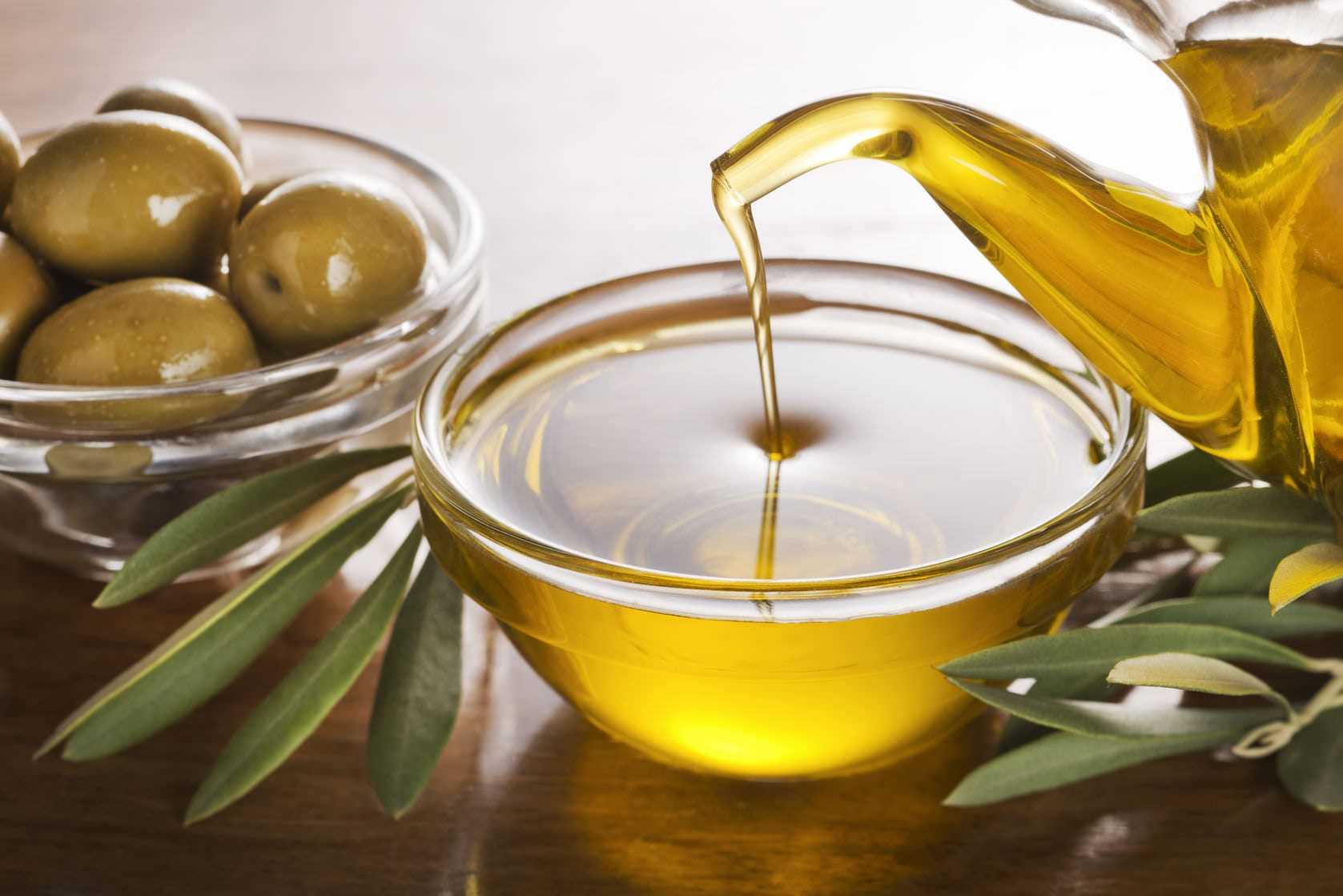
Extra virgin olive oil is rich in healthy monounsaturated fats, which are known to reduce the risk of heart disease, as well as lower cholesterol levels. It is also high in antioxidants, which can help to protect the body against free radical damage, and has anti-inflammatory properties that may help to reduce the risk of chronic diseases such as cancer and arthritis.
The Culinary Uses of Extra Virgin Olive Oil

Extra virgin olive oil is a versatile ingredient that is used in a wide range of culinary applications. It can be used as a cooking oil, as a dressing for salads, and as a finishing oil for dishes such as pasta and grilled meats. Its rich flavor and aroma make it a popular choice for many chefs, and it is often used in Mediterranean cuisine.
How to Choose the Best Extra Virgin Olive Oil

When choosing extra virgin olive oil, it is important to look for high-quality, authentic products that have been produced using traditional methods. Look for oils that are labeled as "cold-pressed" or "first cold-pressed", and avoid oils that have been blended with other types of oils. It is also a good idea to choose oils that are stored in dark bottles, as exposure to light can cause the oil to spoil.
How to Store Extra Virgin Olive Oil
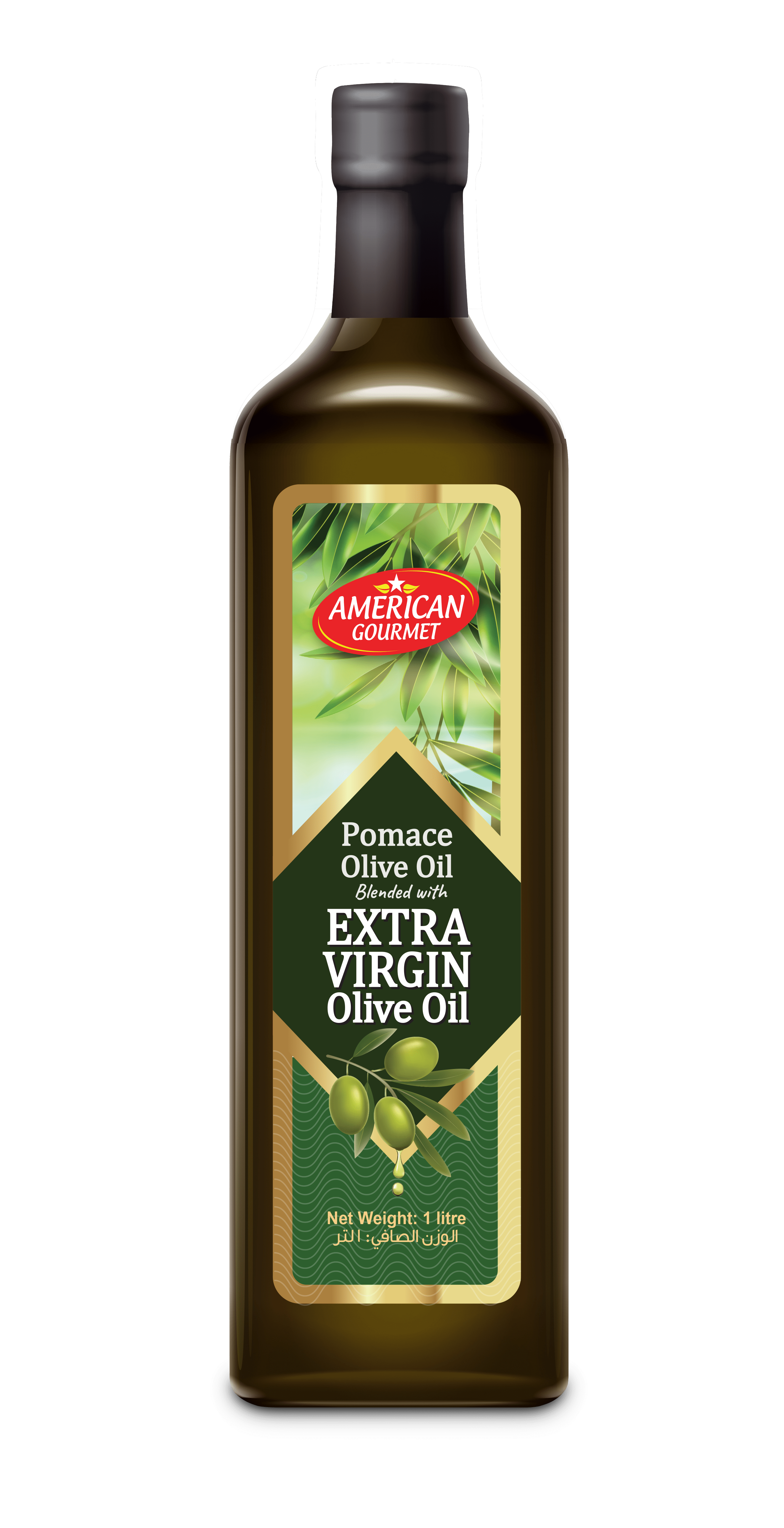
Extra virgin olive oil should be stored in a cool, dark place, away from direct sunlight and heat. Exposure to light and heat can cause the oil to spoil, so it is important to store it in a tightly sealed container. It is also a good idea to use the oil within a few months of opening it, as it can go rancid over time.
The Different Grades of Olive Oil

There are several different grades of olive oil, including extra virgin olive oil, virgin olive oil, and pure olive oil. Extra virgin olive oil is considered to be the highest quality, as it is made from the first pressing of the olives and has a low acidity level. Virgin olive oil is made from the second pressing of the olives, and has a slightly higher acidity level. Pure olive oil is a blend of virgin and refined oils, and has a higher acidity level than extra virgin and virgin olive oils.
The Production Process of Extra Virgin Olive Oil

Extra virgin olive oil is produced using a traditional cold-pressing method, which involves crushing the olives and extracting the oil without the use of heat or chemicals. The oil is then filtered to remove any impurities, and is stored in dark bottles to protect it from light and air.
How to Use Extra Virgin Olive Oil in Cooking
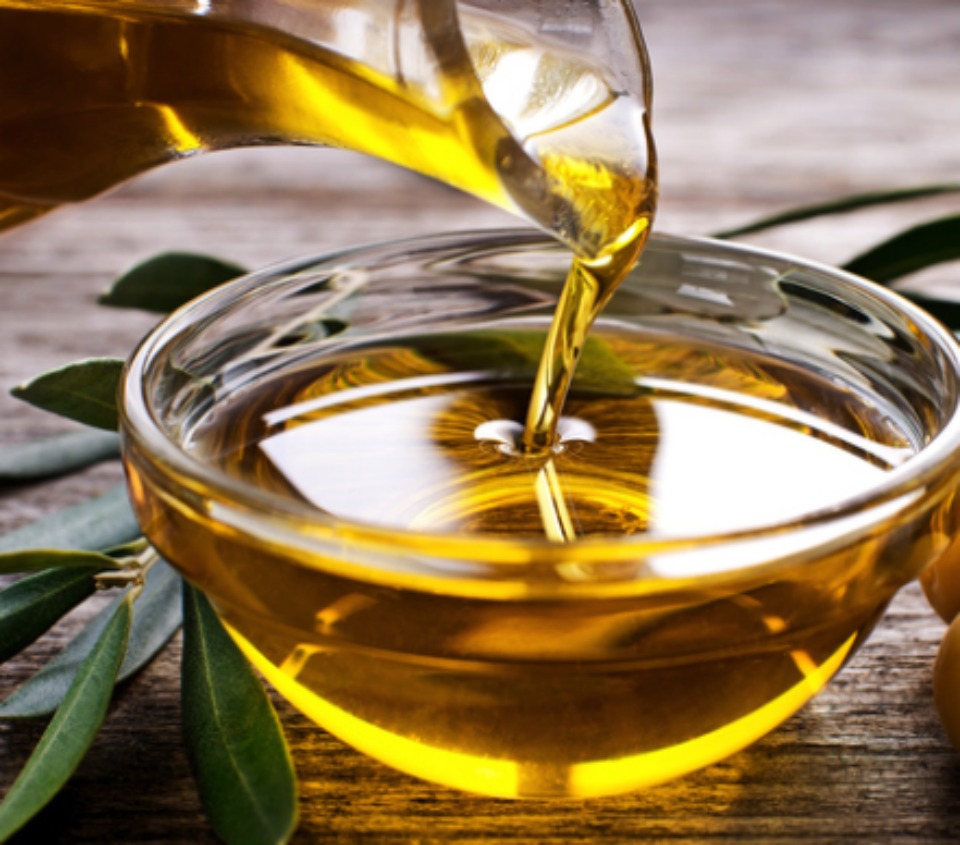
Extra virgin olive oil can be used in a wide range of cooking applications, from sautéing and frying to roasting and grilling. It is also a popular ingredient in salad dressings and marinades. When using extra virgin olive oil in cooking, it is important to use it sparingly, as it has a strong flavor that can overpower other ingredients if used in excess.
The History of Extra Virgin Olive Oil

The use of olive oil dates back to ancient times, and has been an important part of Mediterranean cuisine for centuries. Extra virgin olive oil has been produced using traditional methods for thousands of years, and is still considered to be one of the healthiest and most flavorful oils available today.
Common Myths About Extra Virgin Olive Oil
There are many myths and misconceptions about extra virgin olive oil, including the idea that it cannot be used for cooking at high temperatures. In fact, extra virgin olive oil has a high smoke point and can be used for cooking at high temperatures without losing its flavor or nutritional value.
The Role of Extra Virgin Olive Oil in a Healthy Diet

Extra virgin olive oil is an important part of a healthy diet, and is often used as a replacement for other types of oils and fats that are less healthy. Its high levels of healthy monounsaturated fats, antioxidants, and anti-inflammatory compounds make it a valuable addition to any balanced diet.
Recipes Using Extra Virgin Olive Oil
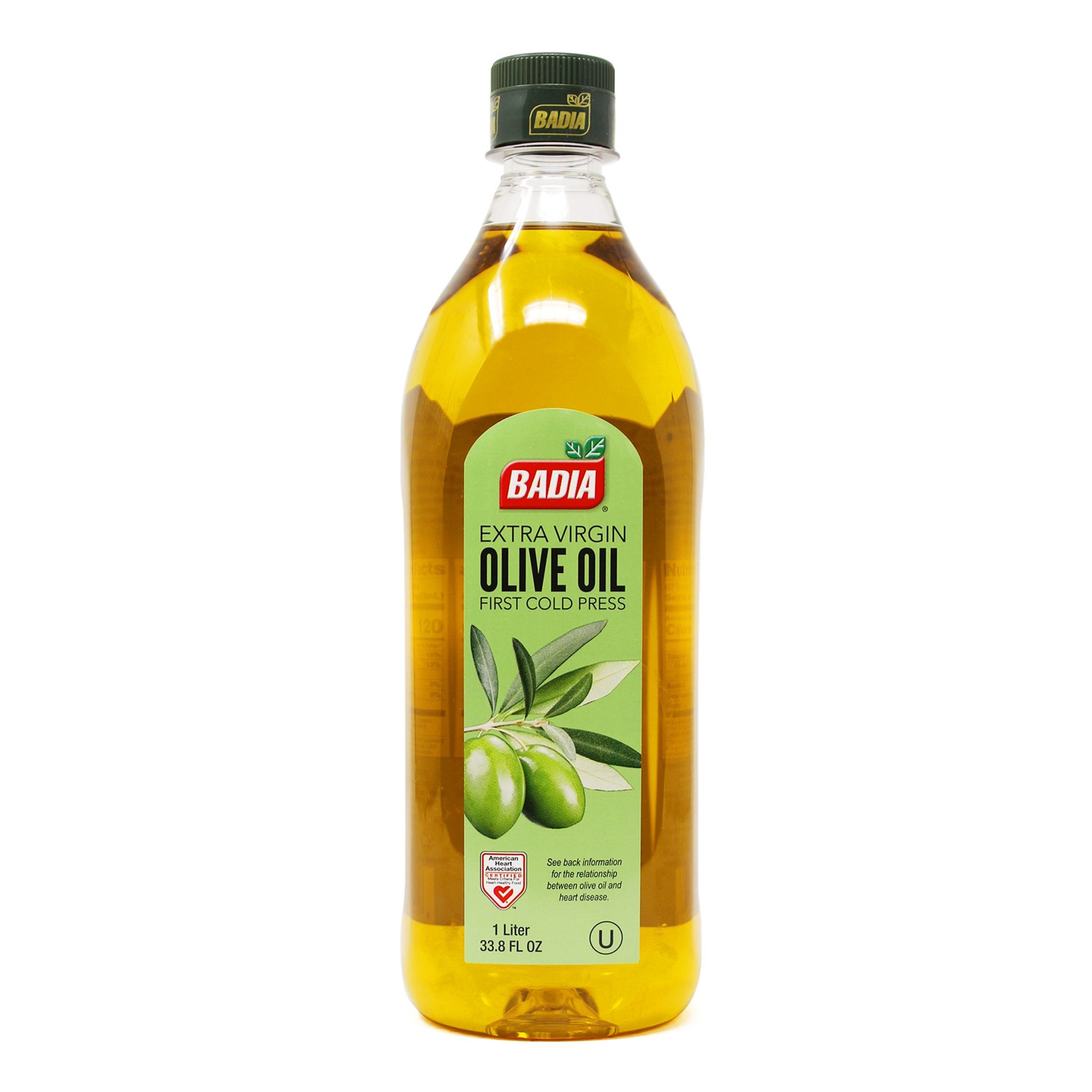
There are countless recipes that use extra virgin olive oil as a primary ingredient, from classic Mediterranean dishes to modern fusion cuisine. Some popular recipes that use extra virgin olive oil include Greek salad, pasta with garlic and olive oil, and roasted vegetables.
Where to Buy Extra Virgin Olive Oil
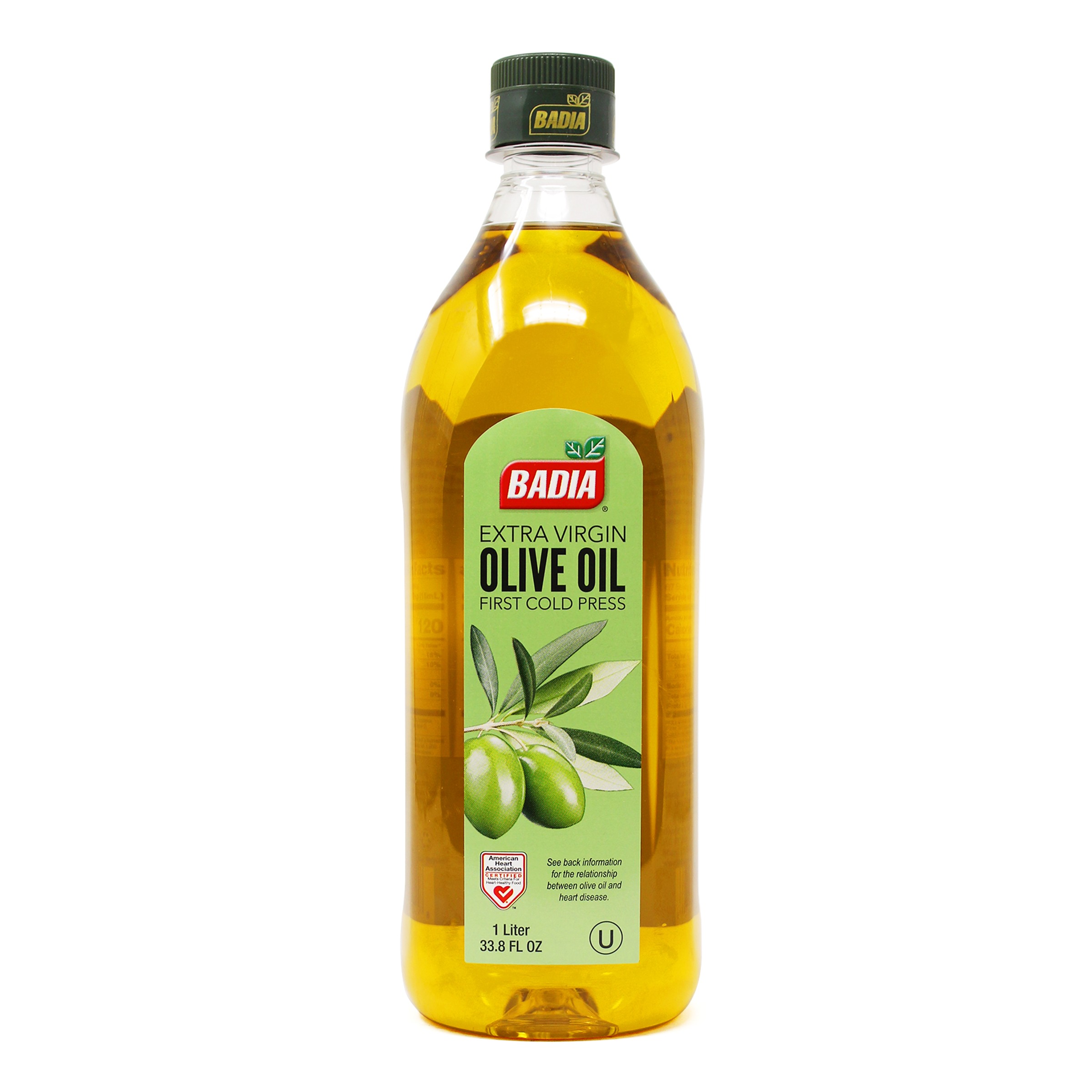
Extra virgin olive oil can be found in most grocery stores and specialty food stores, as well as online. It is important to choose high-quality, authentic products, and to read the labels carefully to ensure that the oil has been produced using traditional methods.
Conclusion
Extra virgin olive oil is a versatile and healthy ingredient that is widely used in cooking and other applications. Its rich flavor and numerous health benefits make it a popular choice among chefs and health-conscious consumers alike. By following the tips and advice provided in this article, you can learn how to choose, store, and use extra virgin olive oil to enhance your culinary creations and improve your overall health and well-being.